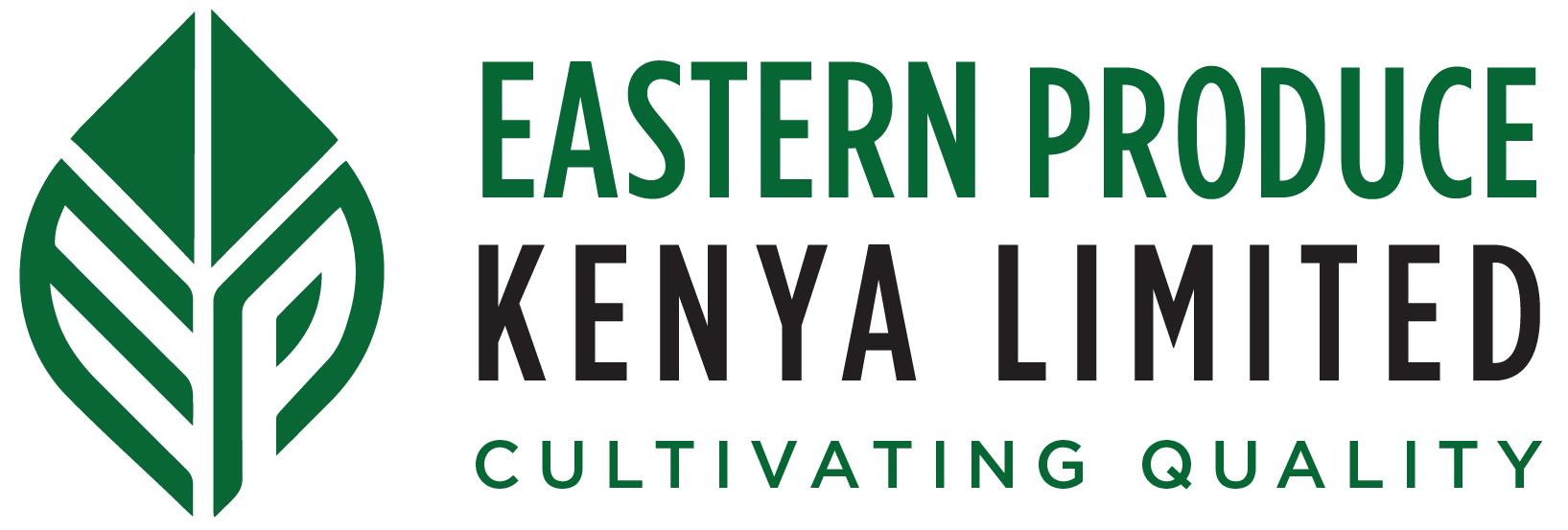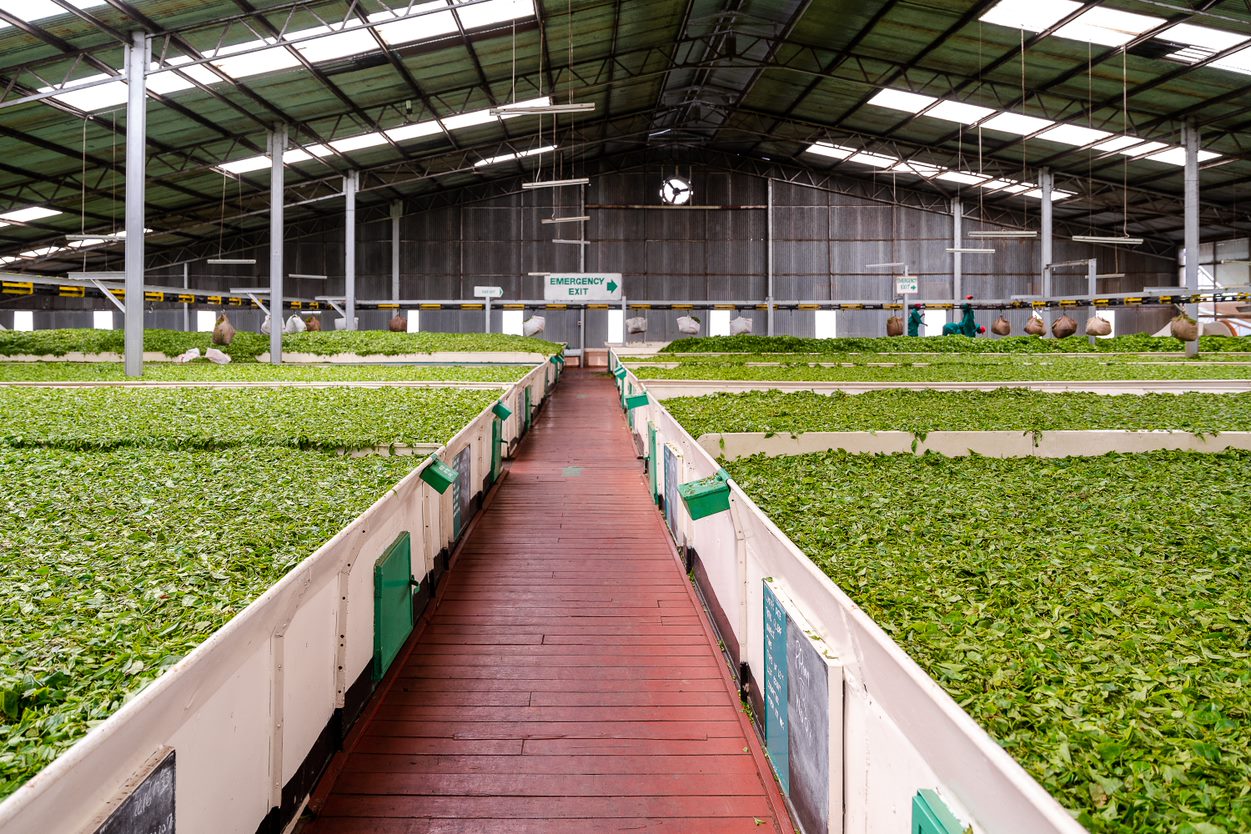Eastern Produce Kenya (EPK), based in Nandi County, has confirmed its plans to focus on the quality of its Kenyan Tea while enhancing its sustainable production programme.
As part of the firm’s three-year investment plans, valued at more than Kshs 260 million, EPK is actively working to improve its energy efficiency, reduce its carbon footprint, enhance its social care, and improve the environment in which it operates. All these efforts support EPK’s quest to continue producing quality tea in a sustainable manner.
Speaking during an event to mark this year’s International Tea Day Celebrations, EPK Director Mrs Leah Kibii Chirchir said that in efforts to create a clear differentiation for a Kenyan Tea brand in international markets, tea producers should ensure that the quality of Kenyan Tea is paramount and adopt the very best sustainable production practices to set Kenya apart from other producer countries to meet global market demands.
“At EPK, we support the movement towards developing a world-class Kenyan tea brand based on recognisable quality and sustainability. This will require tea industry collaboration,” Mrs Chirchir said.
She added, “Tea is a people industry requiring high levels of continuous training and experienced, focused management at all levels to produce premium Tea. It also includes high welfare standards, environmental conservation, and best-practice factory energy efficiency to comfort our worldwide customers and give them the best farm-to-tea-cup quality experience.”
This year, EPK has advanced its climate action commitments to environmental stewardship by planting over 15,000 indigenous trees, including 250 in Nandi Hills Primary School recently and donating 750 tree seedlings to 13 local schools within the area as part of its sustainability agenda. This is in support of the government’s 15 billion tree planting programme.
EPK has also taken a lead in sustainable tea production by investing in reducing its thermal energy consumption in its tea factories, targeting an 18% reduction. The company is achieving this through a robust energy-saving culture, improved efficiency in boiler operations, and innovative waste heat recovery mechanisms. This has substantially reduced the mass of fuel burnt, thus reducing its carbon emissions.
Mrs Chirchir noted that the International Tea Day celebrations provide an opportunity to showcase the unique Kenyan tea brand by demonstrating the highest standards of quality tea production and industry collaboration to achieve global competitiveness
“At EPK, we are keen to achieve quality through maintaining superior employee welfare, worldclass tea production underpinned by our sustainable practices that prioritise climate action through our custodial management that ensure we enrich all catchment areas and indigenous forests that makeup 48% of the land across all our estates,” said Mrs Chirchir.
EPK was proud to participate in the International Tea Day celebrations in partnership with the Tea Board of Kenya and other stakeholders in Nandi Hills. The celebrations gathered the industry together through a Tea Expo at Nandi Bears Club, celebrating the strides within the sector to ensure that Tea remains one of Kenya’s top export earners.
This year’s International Tea Day celebrations commenced with a local race at the local Nandi Tea Stadium, which attracted 450 runners. Winners in the different categories received medals and assorted merchandise.
This international tea day underscores Eastern Produce Kenya’s long-term commitment to worldclass quality through sustainable agricultural enterprises. At the heart of this belief lies a steadfast approach to social and environmental matters to ensure viable agricultural operations for future generations. This view exemplifies the Group’s philosophy of custodial management and provides the basis on which each enterprise operates.


